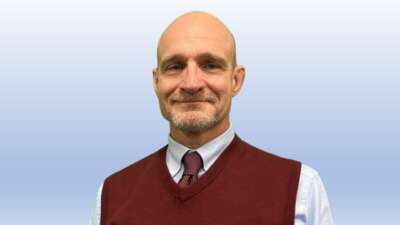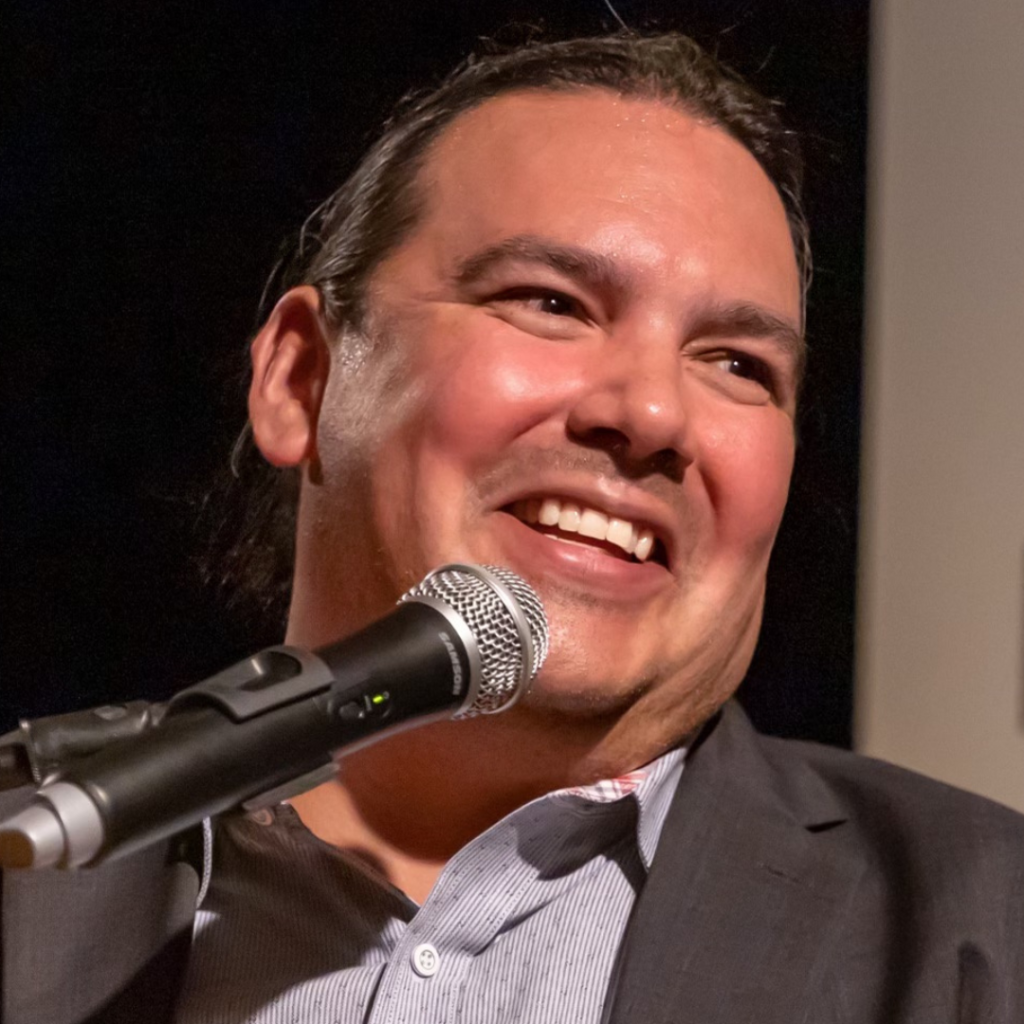Sunday, January 28 & Monday, January 29
Creating Conscious Classrooms: Using Diverse Books for Anti-Racist Teaching
Allison Briceño
In this session we will center the lived experiences of diverse students to support language, literacy, and identity development. Justice-oriented literacy practices will be used to practice integrating language and literacy with social justice. Diverse text selection and use in today’s contested climate will be addressed.
Sunday, January 28 & Monday, January 29
Where Are We Going, Where Have We Been?: Prioritizing Teacher Autonomy in the SOR Era
Paul Thomas
Over the last decade, states have passed new or revised reading legislation, often grounded in the “science of reading” (SOR) movement. The SOR movement has perpetuated many oversimplified and misleading stories that portray teachers negatively. This featured session will prioritize teacher autonomy by exploring the following topics: reading crisis, NAEP reading data, reading programs, teacher training and LETRS, dyslexia, and the complicated full body of reading research.
Read more of Paul’s work in the Reading Recovery Community blog.
Sunday, January 28 & Monday, January 29
Dyslexia’s Discontents: Characteristics, Instruction, and Misidentifications to Avoid
George Hruby
Monday, January 29 & Tuesday, January 30
Achieving Successful Processing at Higher Levels of Complexity
Mary Fried
Monday, January 29
All in the Family: Comparing English and Spanish Literacy
Jorge Cuevas Antillón
Successful language arts instruction in Spanish-English biliteracy programs require understanding how each language varies. This session, delivered in English with some occasional explication of Spanish, will explore which items are uniquely important in each language and which can be approached in similar ways. Come have some fun as a few instructional activities for language/literacy learning are simulated.
Tuesday, January 30
Doing the discipline and reasons to read: Supporting the development of adolescent literacies
Rachael Gabriel
Tuesday, January 30
What’s the Deal with the Science of Reading?
Andy Johnson
Science of Reading advocates seem to be putting out a great deal of misinformation about reading instruction. Literacy experts are being ignored in favor of radio journalists. For-profit entities are promoting ideas that serve only to enhance their profit at the expense of our students. This presentation will explain exactly what the science of reading is and isn’t. It will provide a simple understanding of balanced literacy, the three cueing systems, evidence-based practices, eye movement during reading, word identification, word recognition, phonics instruction, phonemic awareness, direct instruction, and educational research.
Sunday, January 28 & Monday, January 29
Not a Branch but the Tree: Indigenous Literacies and the North American Canon
Niigaan Sinclair
There is no literacy or literature in North America without the foundation contributions of Indigenous intellectual traditions! Explore how — without Indigenous cultures and communities — the literacies in North America would not exist as they are known today.


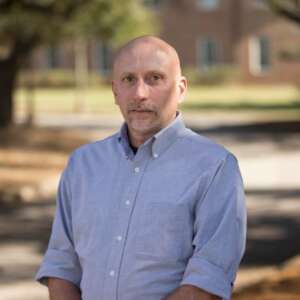
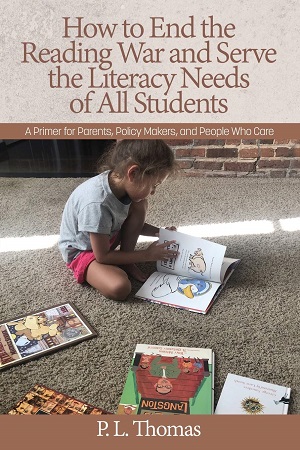
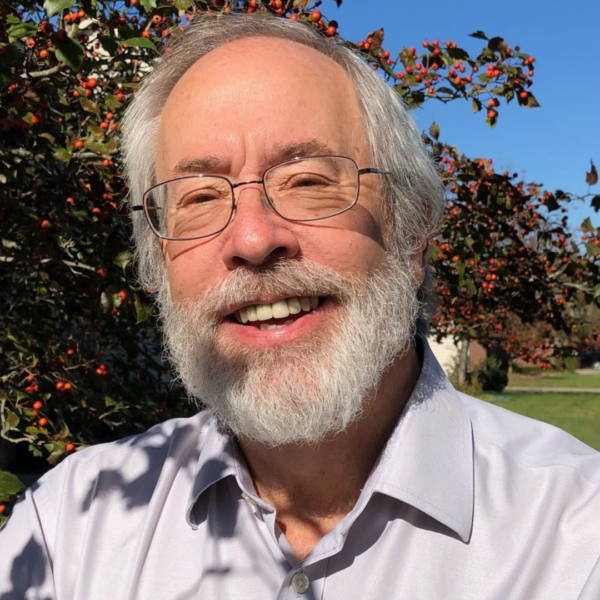
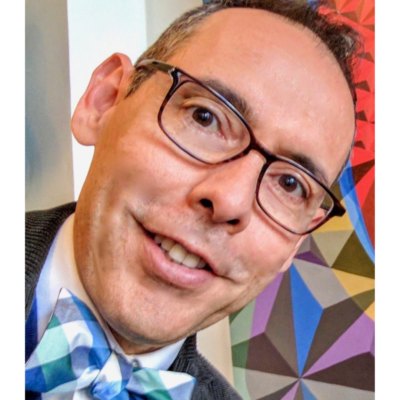
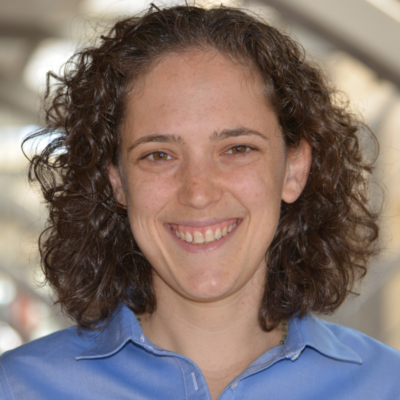 Rachael Gabriel is Professor of Literacy Education at the University of Connecticut. She is author of more than fifty refereed articles, and author or editor of six books for literacy teachers, leaders and education researchers. Rachael currently teaches courses for educators and doctoral students pursuing specialization in literacy. She serves on the editorial boards of journals focused on literacy, education research and education policy, and has served on the boards of the International Literacy Association and Reading Recovery Council of North America. In addition to experience as a classroom teacher and reading specialist, Rachael holds graduate certificates in both quantitative and qualitative research methods. Rachael’s research is focused on: literacy instruction, leadership and intervention, as well as policies related to teacher development and evaluation. Her current projects investigate: supports for adolescent literacy, state literacy policies and discipline-specific literacy instruction.
Rachael Gabriel is Professor of Literacy Education at the University of Connecticut. She is author of more than fifty refereed articles, and author or editor of six books for literacy teachers, leaders and education researchers. Rachael currently teaches courses for educators and doctoral students pursuing specialization in literacy. She serves on the editorial boards of journals focused on literacy, education research and education policy, and has served on the boards of the International Literacy Association and Reading Recovery Council of North America. In addition to experience as a classroom teacher and reading specialist, Rachael holds graduate certificates in both quantitative and qualitative research methods. Rachael’s research is focused on: literacy instruction, leadership and intervention, as well as policies related to teacher development and evaluation. Her current projects investigate: supports for adolescent literacy, state literacy policies and discipline-specific literacy instruction.